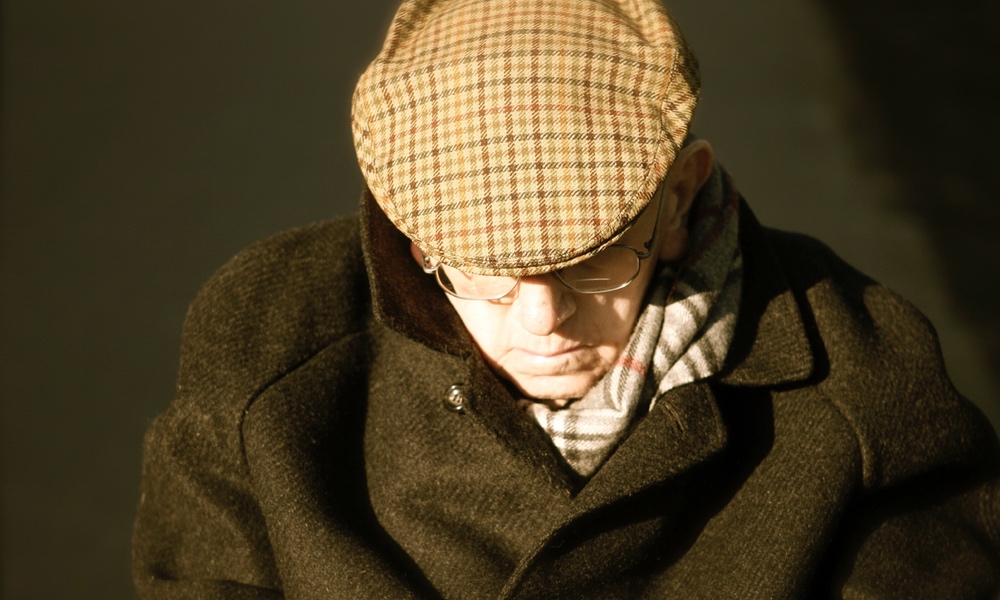The death of a spouse can be crippling. Even after the initial grief has subsided, widows and widowers can be beset by loneliness, which is itself associated with serious health problems — poorer physical health, depression and even earlier mortality. Volunteering is a good way to break out of the grip of loss and loneliness, according to a Georgia State University study.
“Becoming a widow is one of the most difficult transitions that people face later in life,” Ben Lennox Kail, co-author of the study, said in a statement. “We found that for people in general, widowhood was associated with increased loneliness over time.”
The researchers used information from nearly 6000 married adults who had completed the Health and Retirement Study. All were 51 years old or older; some were widowed and some weren't. Participants were surveyed about marital status and feelings of loneliness. They were also asked if they took part in any volunteer activities, including how much time they spent volunteering.Volunteering is one good way to break out of the grip of loss and loneliness.
Volunteering doesn't just help volunteers, of course. It helps the people and programs that benefit from the time you put in. Look for places that reflect your interests or support causes you feel are important. If travel is a concern, look for places that aren't too hard to get to. Being part of a community doesn't just reduce loneliness, it can increase happiness as well.
The findings are published in The Journals of Gerontology, Series B: Psychological Sciences and Social Sciences.





